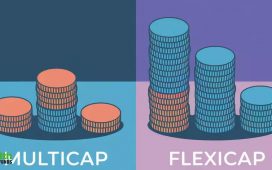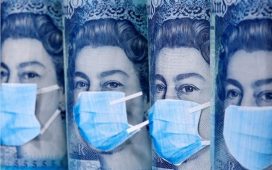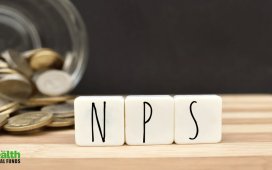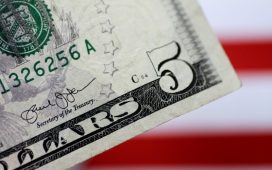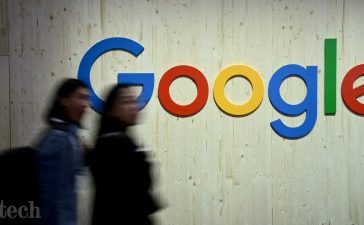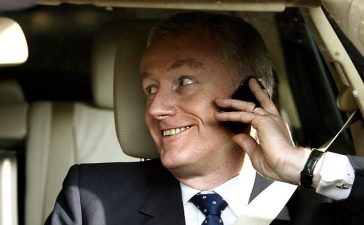
© Reuters. FILE PHOTO: A shop assistant counts piles of British Pound Sterling banknotes at an Apple store in London, Britain November 18, 2017. REUTERS/Russell Boyce
By Joice Alves
LONDON (Reuters) – rose on Monday amid renewed speculation Britain and the European Union will finalise a Northern Ireland deal, which could resolve post-Brexit tensions.
British Prime Minister Rishi Sunak is expected to announce a new deal on trade rules for Northern Ireland on Monday, betting that the reward of better terms with the EU is worth the discord it might cause within his own party.
The deal is aimed at solving tensions caused by 2020 post-Brexit arrangements governing the British province and its open border with EU member Ireland.
Sterling rose 0.36% against the U.S. dollar to $1.1982, after slipping to an almost two month low against the greenback. Sterling is set for its first monthly decline against the dollar since September.
The pound edged 0.1% higher versus the euro to 88.21 pence.
“It seems the two sides are set for a landing zone that would allow more flexible trade flows, namely an easing on checks on goods that are just going to NI from the UK,” said Jeremy Stretch, head of G10 FX strategy at CIBC. “A deal is a mild GBP positive”.
ING strategists agreed, saying the key focus for sterling would remain interest rate hike expectations.
FOCUS ON RATES
Money markets are pricing in a 96% chance of a 25 basis point (bps) , with rates peaking in August at 4.75%, from 4.00% now.
They are also pricing in a 57% chance of a 50 bps European Central Bank (ECB) rate increase in March and a 43% chance of a 75 bps move. [IRPR]
As the ECB could increase rates more than the BoE, the euro could find support against sterling. On the other hand, a strengthening dollar could send sterling to $1.1850 this week, ING said in a note.
J.P. Morgan said it expected the BoE to raise interest rates by a further 25 bps in June as more monetary policy tightening may be needed to tame underlying inflation.
Last week, a preliminary “flash” reading of the S&P Global/CIPS UK Composite Purchasing Managers’ Index (PMI) showed a surprise return to growth by businesses in February, raising the likelihood of more interest rate hikes.

